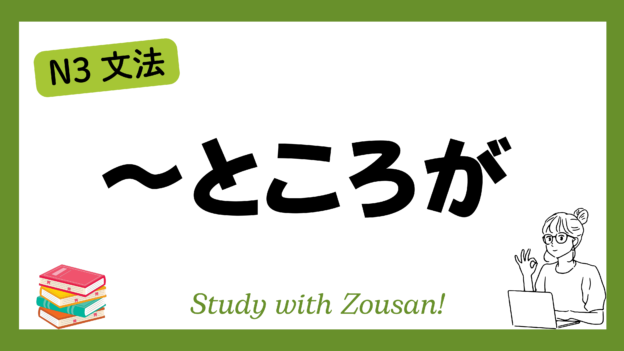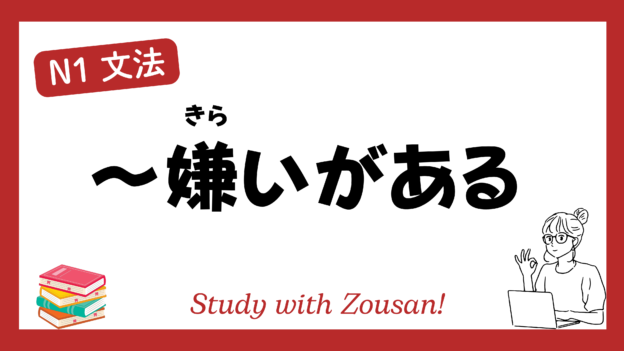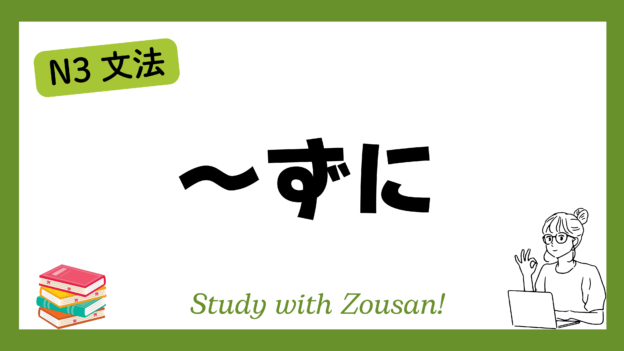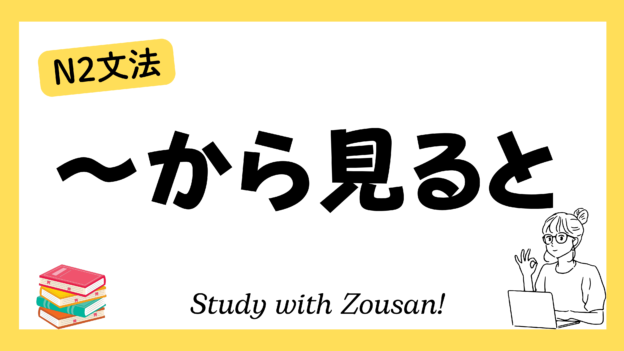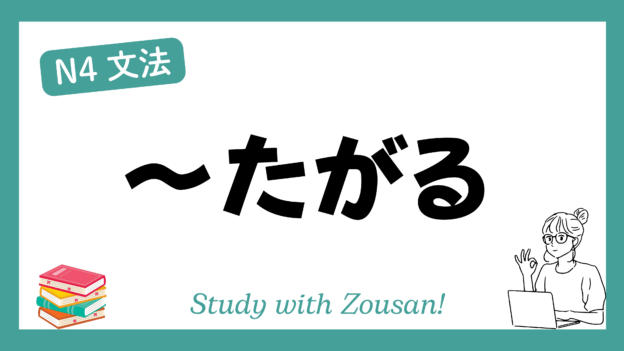N3文法:~ところが
Meaning: “However…” / “But…”
The structure “~ところが” is used to express a contrast or an unexpected result that is different from what the speaker anticipated. The speaker uses “~ところが” to introduce a situation or outcome that opposes their initial expectation, conveying surprise or disappointment.
※Note:
- “~ところが” is commonly used when the speaker describes a situation contrary to what they expected or predicted.
- This structure is mainly used in spoken or informal written language to convey an element of surprise, emphasizing the speaker’s feelings.
Structure:
| Expectation + ところが + result |
Example:
-
-
-
🌟 彼を信じていた。ところが、彼は裏切った。
(かれ を しんじて いた。ところが、かれ は うらぎった)
I trusted him. However, he betrayed me. -
🌟 天気予報では雨だった。ところが、晴れた。
(てんき よほう では あめ だった。ところが、はれた)
The weather forecast said it would rain. However, it was sunny. -
🌟 お金を貯めて旅行に行くつもりだった。ところが、急な出費があった。
(おかね を ためて りょこう に いく つもり だった。ところが、きゅう な しゅっぴ が あった)
I was saving money to travel. However, an unexpected expense came up. -
🌟 彼は来る予定だった。ところが、来なかった。
(かれ は くる よてい だった。ところが、こなかった)
He was supposed to come. However, he didn’t. -
🌟 一生懸命勉強した。ところが、試験に落ちた。
(いっしょうけんめい べんきょう した。ところが、しけん に おちた)
I studied really hard. However, I failed the exam. -
🌟 駅に向かった。ところが、電車がすでに出発していた。
(えき に むかった。ところが、でんしゃ が すでに しゅっぱつ して いた)
I headed to the station. However, the train had already left. -
🌟 彼に会いたかった。ところが、彼は出張でいなかった。
(かれ に あいたかった。ところが、かれ は しゅっちょう で いなかった)
I wanted to see him. However, he was away on a business trip. -
🌟 安いと思って買った。ところが、あとで値段が間違っていると分かった。
(やすい と おもって かった。ところが、あとで ねだん が まちがって いる と わかった)
I bought it thinking it was cheap. However, I later realized the price was wrong. -
🌟 友達が来ると言っていた。ところが、急にキャンセルされた。
(ともだち が くる と いって いた。ところが、きゅう に キャンセル された)
My friend said they would come. However, they suddenly canceled. -
🌟 簡単だと思った。ところが、予想以上に難しかった。
(かんたん だ と おもった。ところが、よそう いじょう に むずかしかった)
I thought it was easy. However, it was harder than I expected.
-
-



